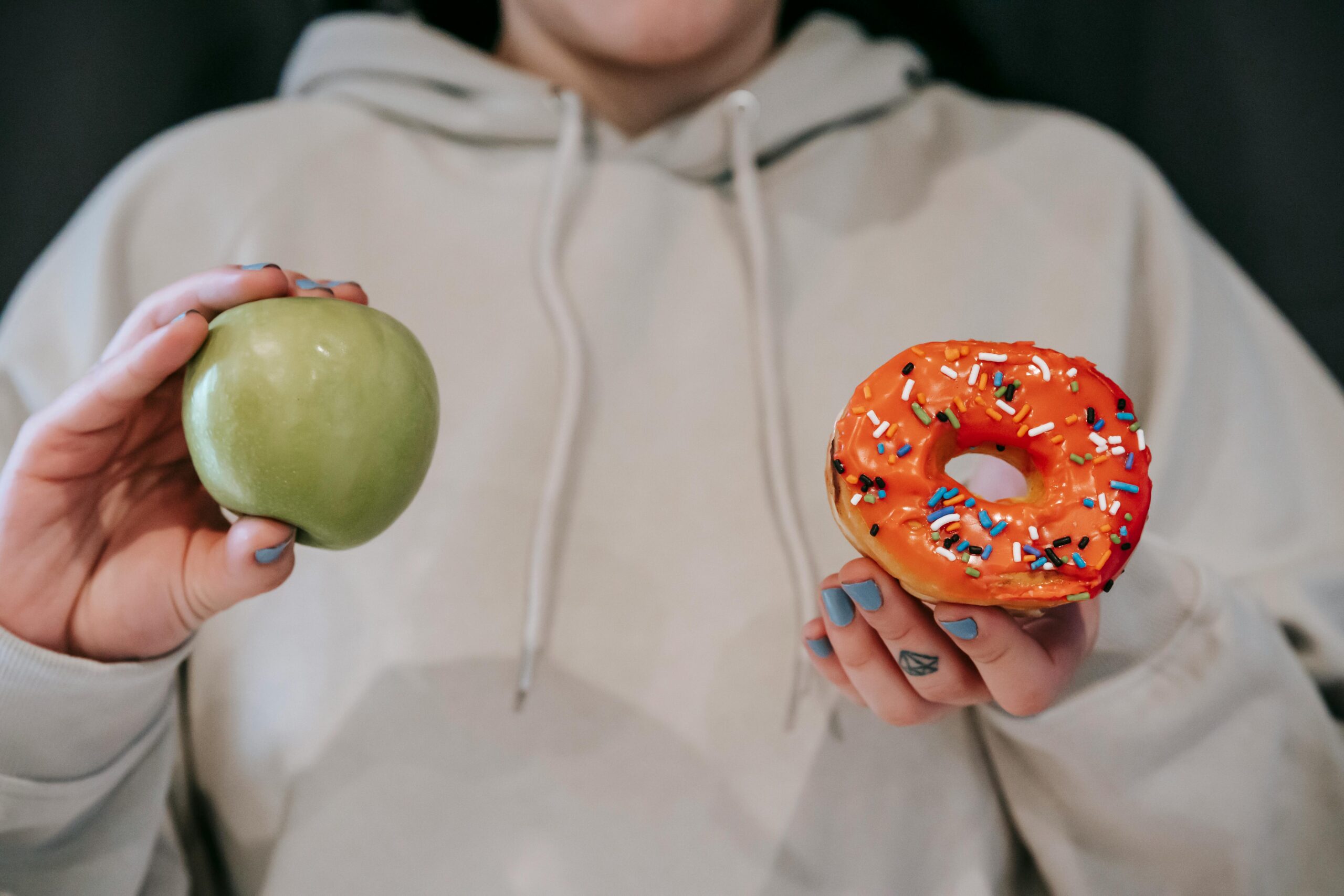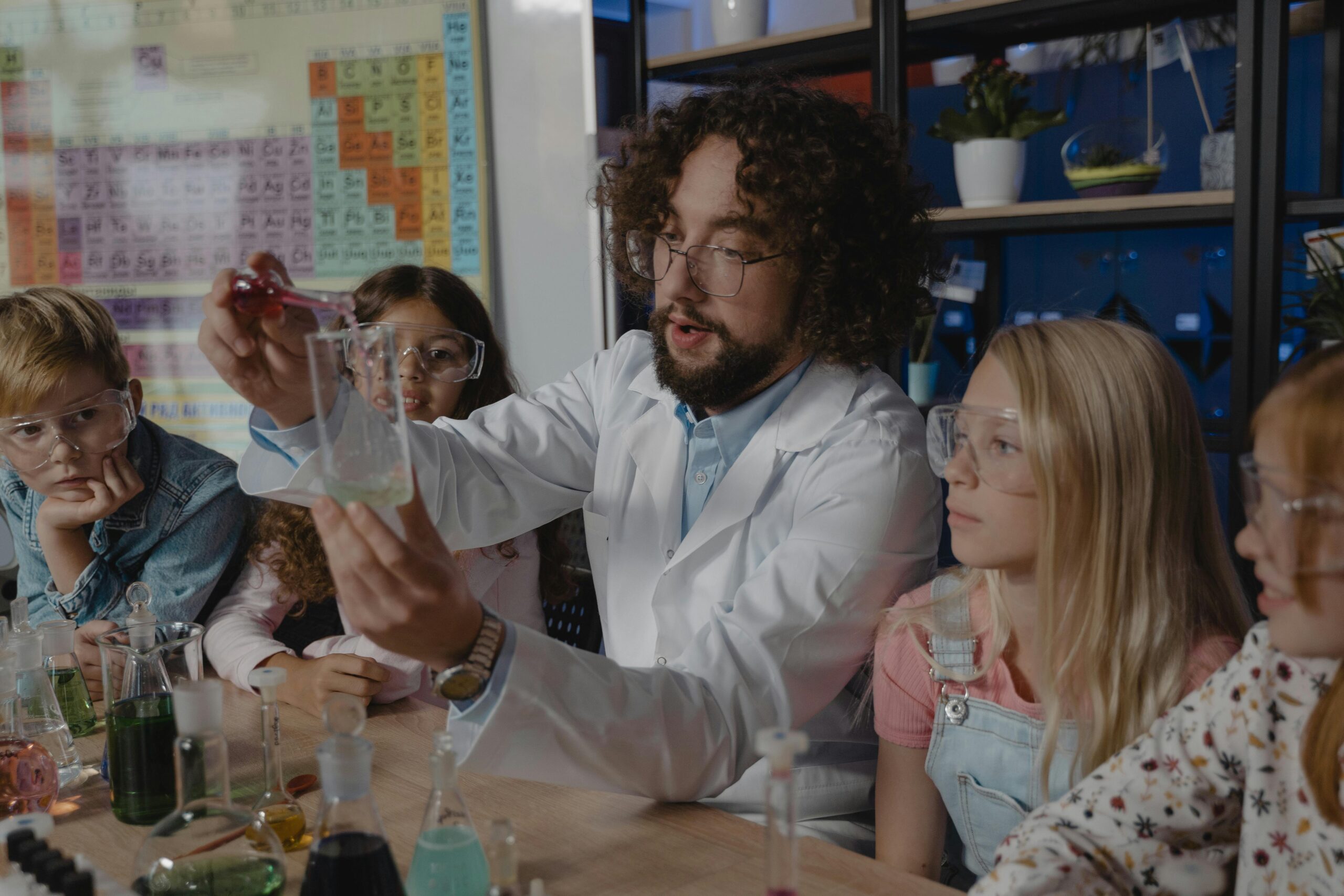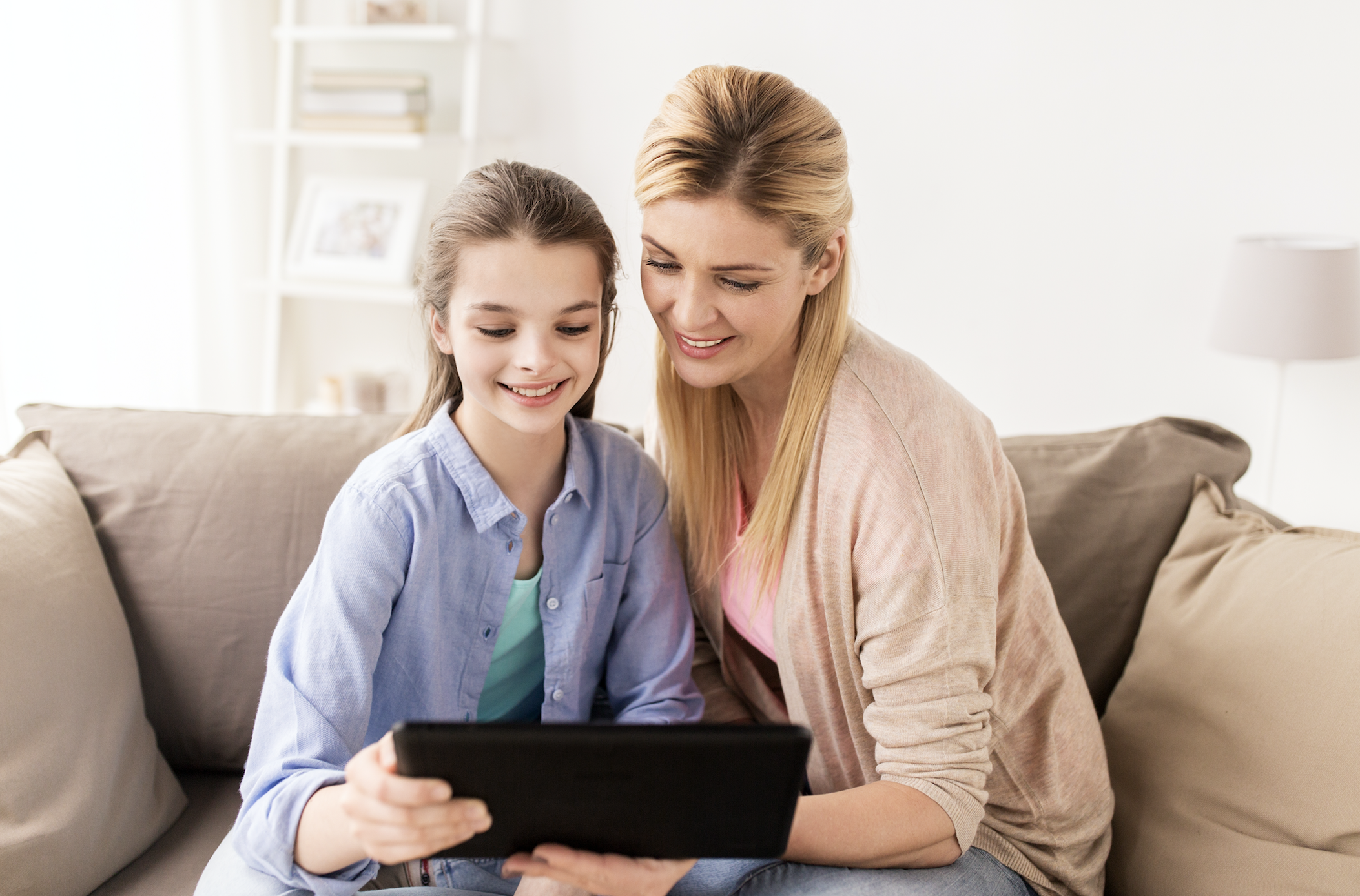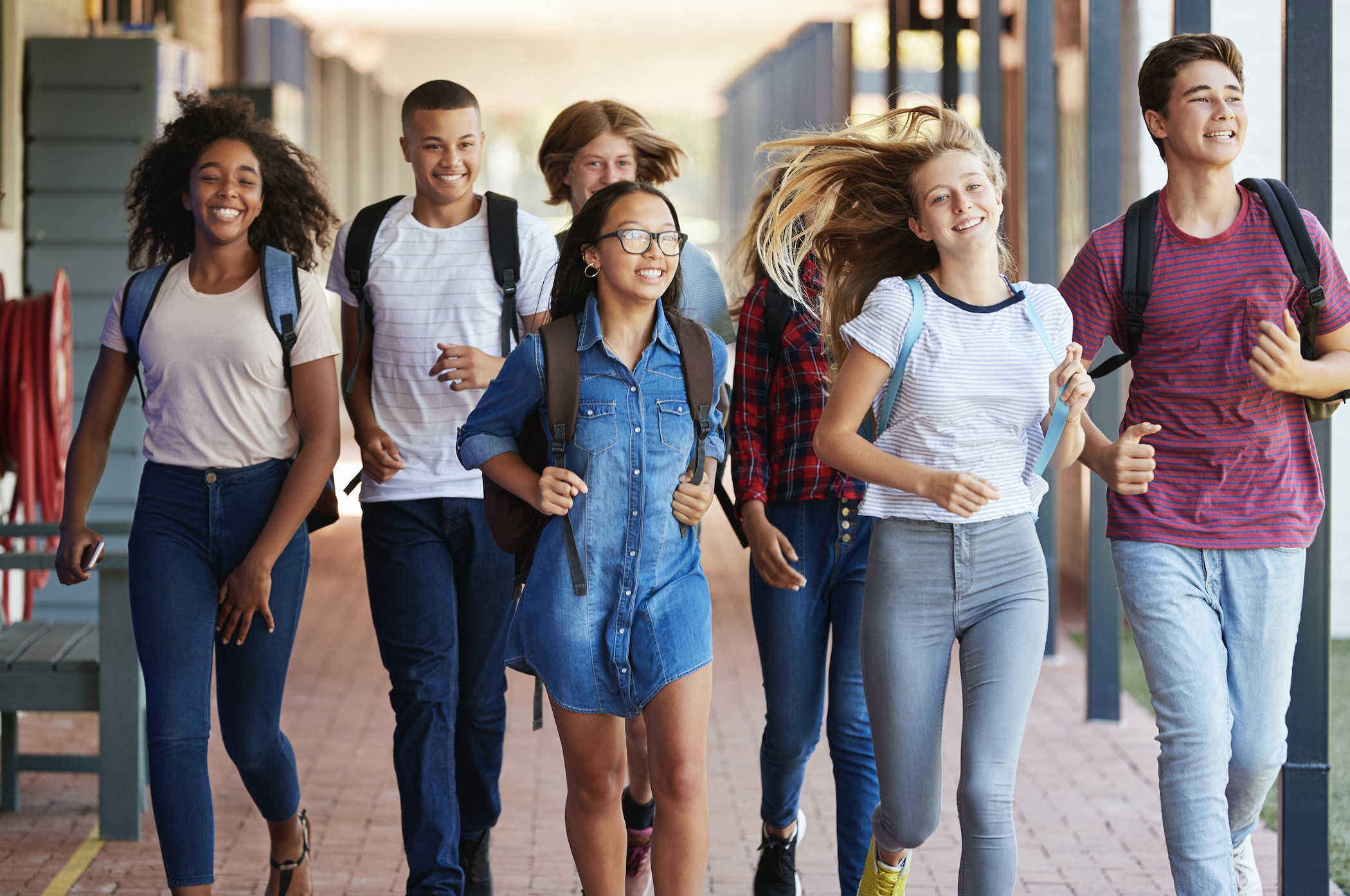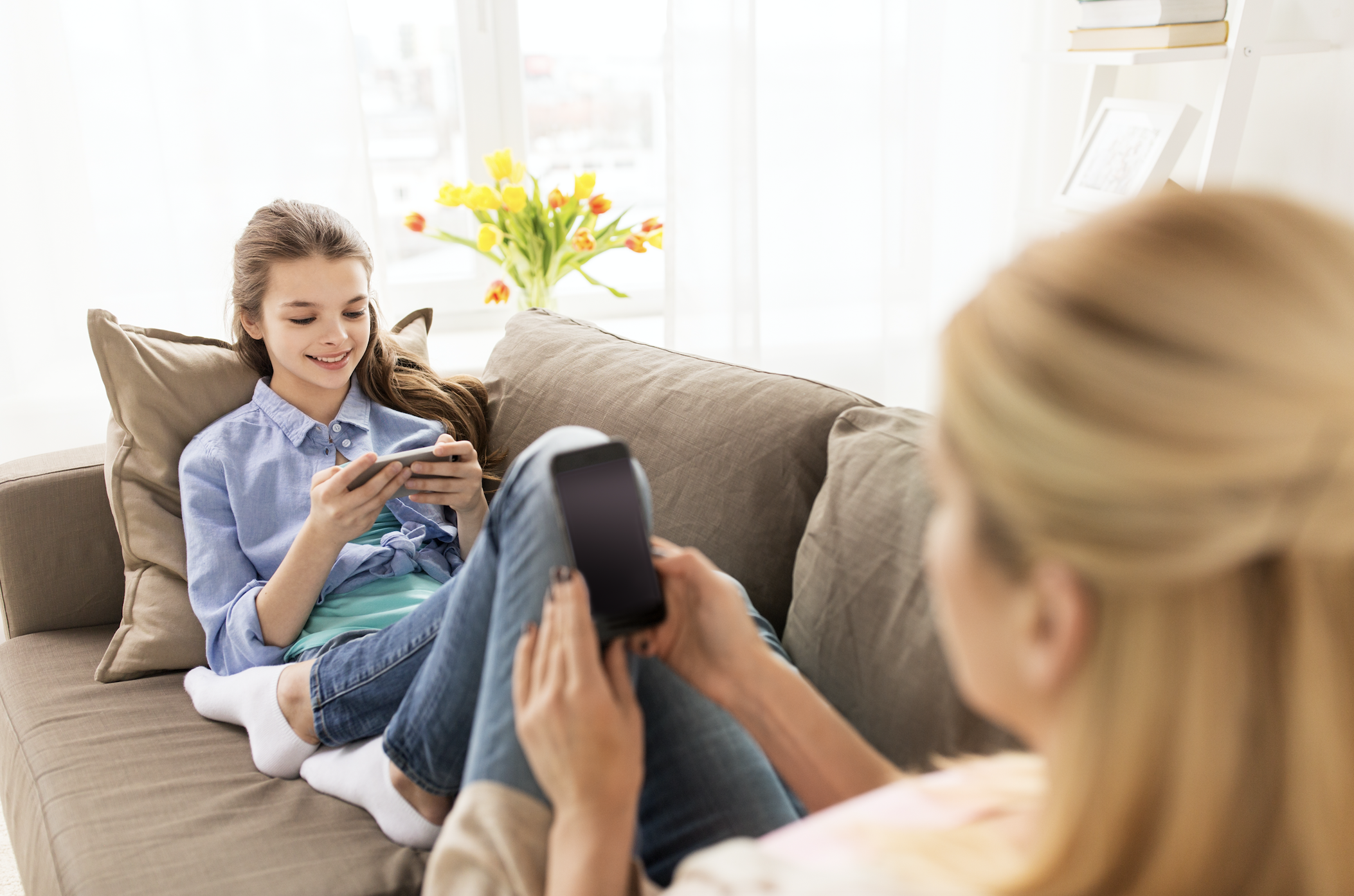
How the Coronavirus Could Affect Generation Z
Every time period in history is shaped by the significant events that occur during that season. Each generation is marked by shared experiences, music, heroes, villains, tragedies, TV shows and economies. Let’s walk down memory lane:
- My parents grew up during the Great Depression and brought a “waste not, want not” mindset with them clear into the 21st century.
- Both the Columbine High School shooting and the 9-11 terrorist attacks deepened fear in American families. Worry about children’s safety continues to reign.
- The Asian financial crisis and later the 2008-09 financial downturn placed a wedge right through economies. Paychecks for young workers have not recovered since.
Today—we face a health emergency called the Coronavirus (COVID-19) pandemic. Globally, nations are taking steps to keep people safe. College and professional sports competitions are on hold. People are wearing masks; shoppers hoard toilet paper and hand sanitizer; employees work virtually from home and most everyone is canceling social and business meetings and meeting on a screen instead. We even see national lockdowns.
What a crazy year few weeks it has been.
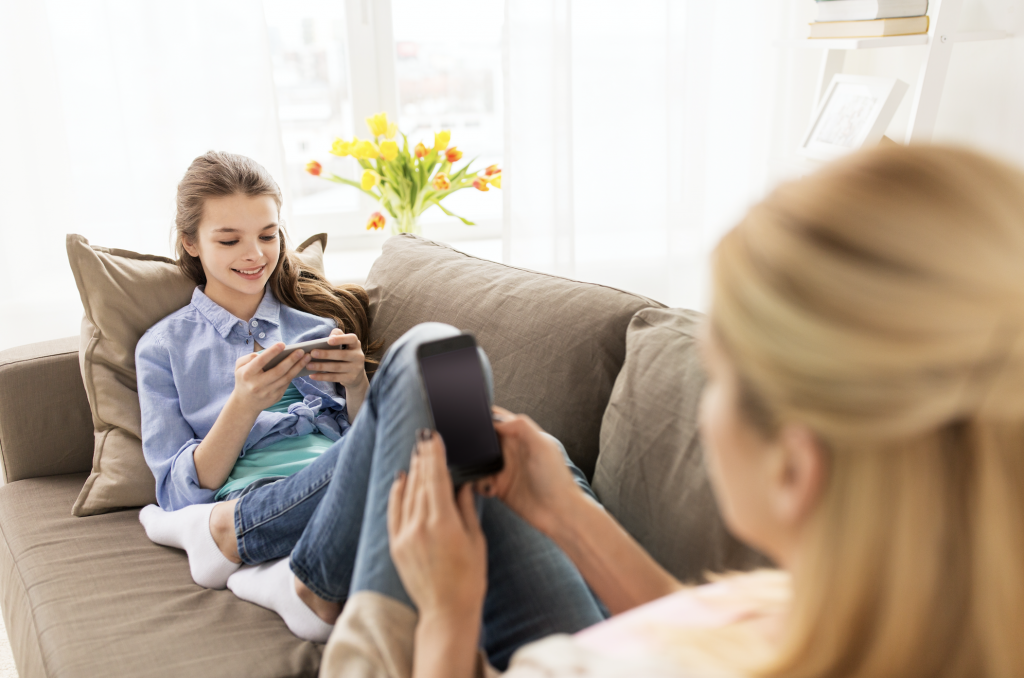
The Negative and Positive Impact of the Season We Are Living In
The fact is, we may see some habits begin that stay with us for years. Because people reflect the times they live in, mindsets and lifestyles could form during this season of the COVID-19 outbreak that has now spread throughout the world.
We may shop differently, travel differently and work differently for years to come. Time will tell how the pandemic genuinely affects us, but I predict we may see Generation Z growing up in a “new normal” just like Millennials did following September 11, 2001.
Three Potential Negative Effects:
1. The normalization of isolation.
While I believe life will return to normal, I believe teleworking will become normal as well. Working remotely is already happening in businesses across the country, but we’re about to learn how much can get done virtually from home. It’s more convenient and cost-effective to stay at home. What we’ll lack is needed face-to-face connections. Humans are social creatures that require time together. We’ve already learned screens are not enough to meet our needs. Sadly, society migrates toward convenience whenever possible, even if it costs us our mental health.
2. The normalization of panic and anxiety.
Our culture has already witnessed the rise in anxiety, depression and mental health problems. I believe our reaction to COVID-19 will deepen the normalization of panic. Certainly, we must take action, but panic usually worsens things. We must fight anxiety like we fight the Coronavirus.
3. The normalization of a scarcity mindset.
Since 2000, our culture has experienced two economic downturns, and our current pandemic could cause a third one. Far worse than sour economies, however, is the scarcity mindset that can accompany difficult times: “It feels like things are running out like there won’t be enough of what we need.” The Great Depression of 1929 wasn’t the result of a stock market crash alone. It was panicked people who all rushed to the banks to withdraw money that shut them down. We must work to ensure the Coronavirus doesn’t remove hope, faith, and optimism from Gen Z.
Three Potential Positive Effects
1. The expansion of resourcefulness and innovation.
Just like difficult times encouraged frugality in my parents’ generation during the 1930s, this season could foster resourcefulness and innovation in Generation Z. Since we often get creative with routines “on hold,” some will figure out how to monetize our new normal. Kids could become more creative with their smart devices and find a way to capitalize on hardship. Jacob Schick invented an electric razor when he cut himself shaving. Charles Kettering created an electronic ignition when he broke his arm starting a car. When resources are scarce, kids become resourceful. (Learn more about this positive effect in a bonus video: A Pandemic is a Terrible Thing to Waste – Watch Now).
2. The expansion of saving and giving.
I love our societal predisposition toward “paying it forward.” It’s common to hear stories of people paying off other’s medical bills or paying for someone else’s food at a drive-thru window. I’m hopeful that this pandemic conditions students to see how they can serve others or give to those less fortunate. I’m also hopeful this season encourages students to save money instead of spending or wasting it. Often, the best in people comes out when we endure a crisis. I’m hopeful we learn to think about the future, not just today, and think of others, not just ourselves.
3. The expansion of responsive service workers.
After 9-11, there were many young adults who enlisted in the military or decided to become a first responder, concluding our country needed heroes. While I realize this is “apples and oranges,” the Coronavirus pandemic might just have the same effect. Generation Z members may recognize the need for nurses and emergency workers and respond. They will likely see the merit of medical professionals and the need for research. Both witnessing the need and the heroes who meet such needs can be a compelling argument to challenge a new workforce entering adulthood.
Knowing you might be home now with your kids trying to figure out what to do with their time, Growing Leaders has created a free resource called: Home Chats: A Parents Guide to Healthy Conversations during the Coronavirus Outbreak. Our goal is to spark great discussions between adults and kids that make the most of our current moment. CLICK HERE TO LEARN MORE.


